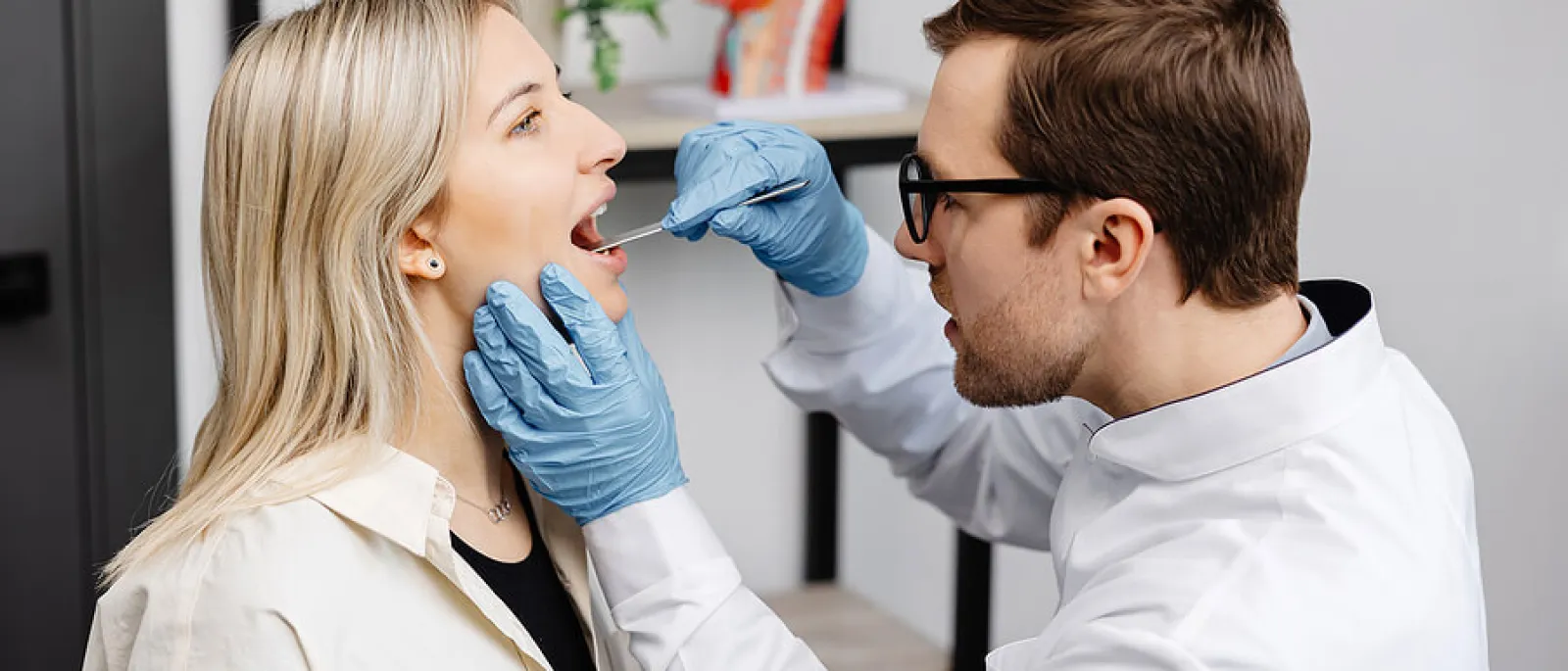Soft Palate Coblation is a minimally invasive medical procedure designed to address various issues related to the soft palate in the throat. It is commonly used to treat conditions like snoring and sleep apnea, which can affect people of all ages. Some children may undergo Soft Palate Coblation to treat specific medical conditions, such as obstructive sleep apnea. This can be treated with a coblation tonsillectomy procedure. However, adults can also benefit from this procedure if they suffer from similar conditions. The decision to perform soft palate, coblation turbinate reduction, or any other medical practice depends on the specific condition and its severity.

However, it is essential to consult a healthcare provider to determine whether Soft Palate Coblation is an appropriate treatment option for your particular situation. While it's considered a safe and effective treatment option, patients must be well-informed and adequately prepared before the procedure. This piece provides a comprehensive guide on what patients should know and do to prepare for Soft Palate Coblation.
Why is Palate Coblation Performed?
Palate Coblation, or Soft Palate Coblation, is performed primarily to treat certain upper airway disorders such as blocked turbinates, which can be corrected with turbinate coblation and, most notably, snoring and obstructive sleep apnea (OSA). Here are the primary reasons why palate coblation is performed:
- Snoring: Palate coblation is often used to address chronic snoring, which can disrupt the sleep of the snorer and their bed partner. Snoring is generally due to the vibration of soft tissues in the upper airway, which includes the soft palate and uvula. Coblation helps to reduce or eliminate excessive tissue vibration, thereby reducing snoring.
- Obstructive Sleep Apnea (OSA): In OSA, the upper airway is partially or completely blocked during sleep during several phases. These blockages, or apneas, can lead to nasal turbinates, interrupted breathing, and decreased blood oxygen levels, resulting in poor sleep quality and various health issues, which can be corrected by coblation of turbinates to stiffen and reduce the collapsibility of the soft palate and surrounding tissues, thus preventing airway obstruction.
- Enlarged turbinates: Turbinates are small, bony structures in the nose that help to filter and humidify the air. When the turbinates enlarge, they can block the airway and cause breathing difficulties. Coblation can reduce the size of enlarged turbinates and improve airflow.
- Velopharyngeal Insufficiency (VPI): VPI is when the soft palate fails to close completely during speech, resulting in a nasal-sounding voice. Coblation can be used to stiffen the soft palate and enable it to close completely, which can improve speech quality.
How Does Soft Palate Coblation Work
The Palate Coblation technique uses low-temperature radiofrequency technology to create channels in the soft palate tissue. The body's natural response is to form tissue scarring in these channels. Scar tissue is stiffer than normal tissue, so it helps to stiffen the soft palate and make it less vibratory.
Advantages of Soft Palate Coblation
- Precision: Coblation allows for precise tissue removal or modification, minimizing damage to surrounding healthy tissues. This precision is crucial when working in delicate areas like the soft palate.
- Reduced Thermal Damage: Unlike traditional surgical methods that use high-temperature tools, coblation operates at lower temperatures. The reduced risk of thermal damage to tissues results in less post-operative pain and a faster recovery.
- Minimal Bleeding: Coblation helps coagulate blood vessels as it cuts, significantly reducing bleeding during and after the procedure. This can make surgery safer and improve the surgeon's visibility.
- Decreased Post-operative Pain: Patients undergoing Soft Palate Coblation often experience less post-operative pain than traditional surgical techniques. The reduced tissue damage and minimal thermal injury contribute to a more comfortable recovery period.
- Faster Recovery: Because of the reduced tissue damage and bleeding, patients may experience a quicker recovery after Soft Palate Coblation. This can lead to a shorter hospital stay or a faster return to normal activities.
- Improved Outcomes: The precision and safety of coblation can lead to improved surgical outcomes. It is often used for conditions like sleep apnea and snoring, where preserving the function and structure of the soft palate is essential for long-term effectiveness.
- Minimized Scarring: Coblation creates less scar tissue than traditional surgical techniques. This can be particularly important in procedures that involve the soft palate, where excessive scarring could affect speech or swallowing.
Soft Palate Coblation can be an effective treatment for certain conditions, but it's essential to be well-prepared and informed before the procedure. Follow your healthcare provider's guidance closely to increase your chances of a successful surgery and a quick recovery, or contact us at ENT of Georgia South for more inquiries and get your journey started toward recovery.

